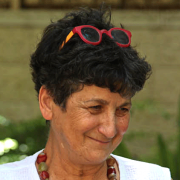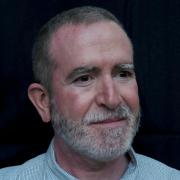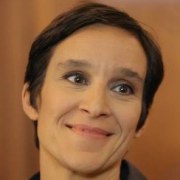EU science education policy: what's next for us?
European science education policy has been hugely influential on science centres, museums, etc. The whole inquiry-based science education movement wouldn’t have happened without a big push from the ‘Rocard report’. So the new ‘Science Education for Responsible Citizenship’ policy document published by the European Commission Expert Group on Science Education is likely to impact on all our professional lives in the years to come.
This workshop will explore the report’s main recommendations looking at the new challenges and opportunities it brings to science centres and museums. After a brief presentation of the report’s main conclusions, participants will split into groups to react and agree on essential lines of action for our institutions in the context of the report, to further potentiate their role as main actors in the field of science education.
Group discussions will be guided through explicit written questions and reporting templates, and will result in final concrete conclusions and recommendations. These will be suitable for publishing, for instance on the Ecsite website.
Facilitator
Director of Scientific Mediation and Education
Session speakers
Director of Scientific Mediation and Education
Discussant of Recommendation 1 from the Report: "Science education should be essential component of learning continuum for all, from pre-school to active engaged citizenship"
Professor of science and environmental education
Discussant of Recommendation 2 from the Report: "Science education should focus on competences, with emphasis on learning through science and shifting from STEM to STEAM (A = All other subjects and disciplines)"
Director of Education and of the Centre of Research in Informal Learning
Discussant of Recommendation 3 from the Report: "The quality of teaching, from instruction through pre-service preparation and in-service professional development, should be enhanced to improve the depth and quality of learning outcomes"
Discussant of Recommendation 4 from the Report: "Collaboration between formal, non-formal and informal educational providers, enterprise and civil society should be enhanced to ensure relevant and meaningful engagement of all societal actors with science and increase uptake of science studies and science-based careers to improve employability"
Head of Global Engagement
Discussant of Recommendation 5 from the Report: "Greater attention should be given to promoting RRI and enhancing public understanding of scientific findings and capabilities, to discuss their benefit and consequences"
Discussant of Recommendation 6 from the Report: "Emphasis should be placed on connection innovation and science education strategies, at local, regional, national , European and international levels, taking into account societal needs and global development"






